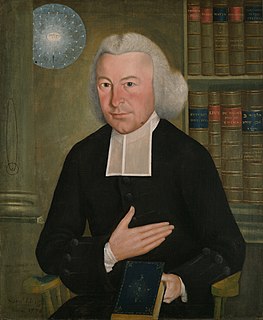A Quote by Aristotle
These, then, are the four kinds of royalty. First the monarchy of the heroic ages; this was exercised over voluntary subjects, but limited to certain functions; the king was a general and a judge, and had the control of religion The second is that of the barbarians, which is a hereditary despotic government in accordance with law. A third is the power of the so-called Aesynmete or Dictator; this is an elective tyranny. The fourth is the Lacedaemonian, which is in fact a generalship, hereditary and perpetual.
Related Quotes
Upon the first goblet he read this inscription, monkey wine; upon the second, lion wine; upon the third, sheep wine; upon the fourth, swine wine. These four inscriptions expressed the four descending degrees of drunkenness: the first, that which enlivens; the second, that which irritates; the third, that which stupefies; finally the last, that which brutalizes.
In the first part of 'Rights of Man' I have endeavoured to show...that there does not exist a right to establish hereditary government...because hereditary government always means a government yet to come, and the case always is, that the people who are to live afterwards, have always the same right to choose a government for themselves, as the people had who have lived before them.
Though it is disguised by the illusion that a bureaucracy accountable to a majority of voters, and susceptible to the pressure of organized minorities, is not exercising compulsion, it is evident that the more varied and comprehensive the regulation becomes, the more the state becomes a despotic power as against the individual. For the fragment of control over the government which he exercises through his vote is in no effective sense proportionate to the authority exercised over him by the government.
In the first place, it is to be remembered, that the general government is not to be charged with the whole power of making and administering laws. Its jurisdiction is limited to certain enumerated objects, which concern all the members of the republic, but which are not to be attained by the separate provisions of any.
I've always said that the 1986 [Immigration Reform and Control] Act had a fourth leg [in addition to law enforcement, increased immigration and amnesty] to its stool which was wishful thinking. And that pattern of a four-legged stool was copied in the failed attempts to enact a second and bigger general amnesty for illegal aliens in 2006, 2007, and in the current year 2013.
I hold it to be one of the distinguishing excellences of elective over hereditary successions that the talents which nature has provided in sufficient proportion, should be selected by the society for the govenment of their affairs, rather than that this should be be transmitted through the loins of knaves and fools passing from the debauches of the table to those of the bed.
There are four pillars to happiness, which is the ultimate goal in life-to be happy. Health is first, family is second, home is third. That safe place where you can go to and regroup, be in a safe place by yourself start over. Those three things lead to the fourth pillar which is the hope and dream that tomorrow is going to be better. Without that you have not much at all.
Politics have always covered two distinct kinds of problems: problems of administrative routine, and those that may be called 'questions of the moment.' A question of the moment is, indeed, a substitute for some notion, such as the idea of God, or hereditary monarchy, or national glory, that has hitherto acted as a symbol of human co-ordination. It provides no new positive certainty to replace the discredited certainty, but is what the name implies: the raising of a question which the old certainty no longer answers.







































